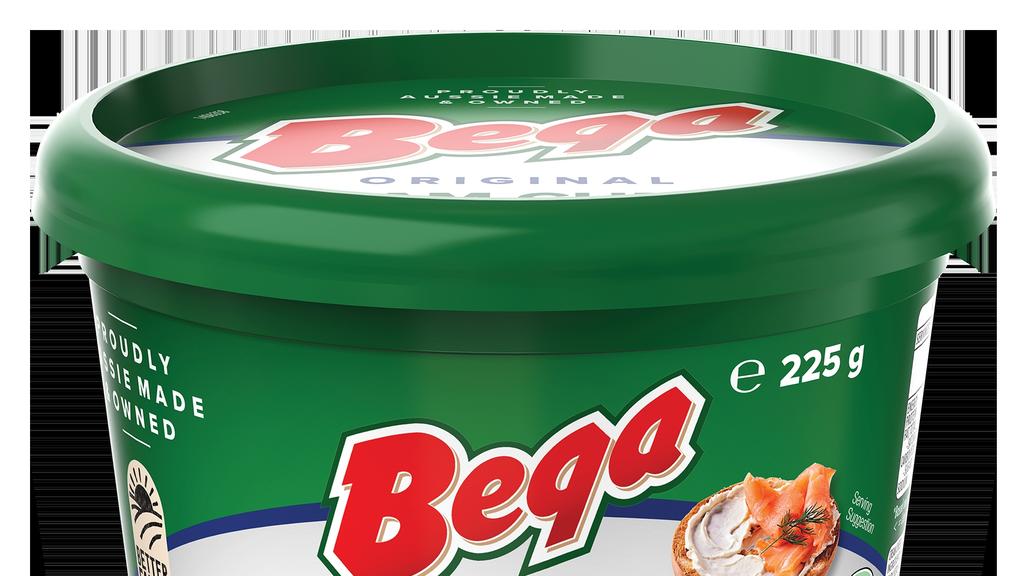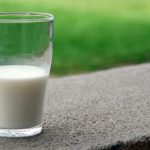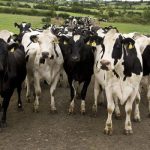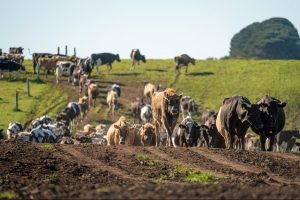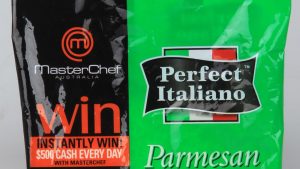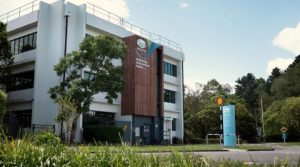It is understood that Meiji is among the parties in the process, run by JPMorgan, Jarden and Craigs, and in the second round, along with the Rothschild-advised Lactalis and Warburg Pincus private equity.
Danone continues to be around the fringes of the contest, in the hope of finding a buyer to partner with on an acquisition, while Saputo is said to technically remain a contender, although is seen as an unlikely buyer due to existing challenges with its Australian operations.
Friesland Campina has also taken a look, but some believe it does not have the money to embark on a $2bn-plus deal.
But Bega has been left out in the cold, denied permission to enter the data room, as it refuses to back down on its position around the commercial terms for its trademark licence deal on its brands.
Subject to legal dispute has been whether Bega has the ability to block another party taking control of its brands, currently licensed to Fonterra.
Meiji describes itself as one of Japan’s leading food manufacturers with a wide range of dairy products, confectioneries, and nutritional products like milk, yogurt, cheese, ice cream, chocolate and sweets.
Japanese groups are known to pay top dollar for Australian consumer assets, as witnessed by Kirin Holdings’s $2.9bn acquisition of dairy and fruit producer National Foods in 2007, then the $950m purchase of Dairy Farmers the following year to create Lion Drinks and Dairy.
But on the downside for buyers is that in a sale process they can be slow moving and take time to agree to buy a business.
Some suspect the Australian Competition & Consumer Commission could apply strong scrutiny to a Lactalis purchase and, while the French dairy giant is keen to buy all of Mainland Group, the Australia and New Zealand operations would likely be less appealing than the other global parts of the Fonterra spin-off.
One outcome could be that it ends up partnering with Bega, which buys Australia and New Zealand, on a deal.
Bega
Bega chief financial officer Gunther Burghardt reiterated at the Macquarie Australia Conference in Sydney that Bega remained interested in Mainland Group.
“If you looked at a combination in Australia and New Zealand, the result would be absolutely terrific,” he said.
“It would be the number one player…”
There would be much opportunity to create value through consolidation with synergies in areas such as back office functions and logistics.
Fonterra has had the licence to the Bega brand for 25 years and he said both groups had played a role in its success.
He said the group would want double-digit cost synergies and earnings per share accretion synergies on a transaction.
He indicated that Bega’s future success did not rest on buying Mainland – it was not in its five year plan.
He pointed to Bega’s disciplined track record with mergers and acquisitions.
But it passed on Murray Goulburn, which was sold to Saputo, because it was too expensive.
The Fonterra spin off, for which the New Zealand dairy giant is testing the merits of a float opposed to a sale, generates $NZ4.9bn of sales, about 6 per cent of which comes from Bega’s licenced products, and $NZ200m of annual earnings before interest and tax.
On offer are consumer and food services businesses in Australia, New Zealand, and the Pacific as well as an ingredients business in New Zealand and the Pacific.
They sell dairy brands such as Bega, Perfect Italiano Cheese, Western Star butter, Mainland Cheese and Anchor butter.
It is also selling consumer operations in Southeast Asia, Sri Lanka and the Middle East and Africa and a food service business in Sri Lanka.
Bega counts the business interests of billionaire Andrew Forrest as a major investor. He is believed to be supportive of an equity raising to fund a transaction.
It comes as Bega, an Australian milk producer with a sharp focus on selling branded products like Vegemite and peanut butter, told the market on Thursday that it was consolidating its Strathmerton cheese and processing and packaging operations in Victoria into an existing Bega site. It flagged a phased closure of the Strathmerton site to deliver $30m in annual cost savings and see it take a $40m impairment.

